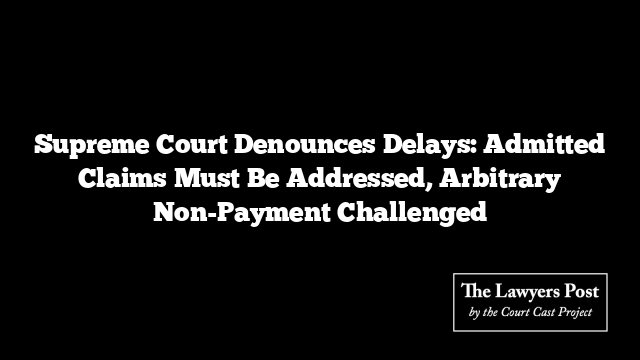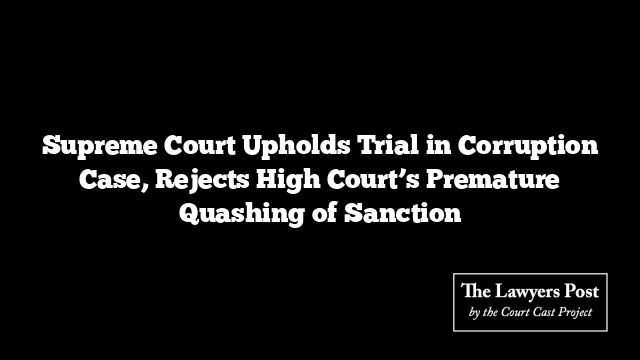In a landmark decision, the Supreme Court emphasized that High Courts have the latitude to decide financial disputes under writ jurisdiction, even in the presence of statutory remedies. Addressing the issue of arbitrary non-payment of dues, the Court declared such actions by state authorities as a valid ground for intervention under Article 226 of the Constitution.
The judgment came in the case of M/S Utkal Highways Engineers and Contractors v. Chief General Manager & Ors., where a dispute over reimbursement for service tax and diesel price escalation was relegated by the Orissa High Court to an alternative remedy. The Supreme Court found this dismissal unsatisfactory, particularly after a decade of procedural exchanges had matured the matter for resolution.
Highlighting the principles laid out in the M/S Surya Constructions v. State of UP precedent, the Bench clarified:
“It is not an inviolable rule that money claims cannot be adjudicated under writ jurisdiction. Non-payment of admitted dues can constitute arbitrary action, warranting judicial intervention.”
The Court also expressed its discontent with the High Court’s handling of the case, stating that dismissing a writ petition after ten years, without addressing the core issues or establishing the necessity of additional evidence, was inappropriate. It further criticized the lack of any detailed reasoning or factual foundation in the High Court’s order to justify its decision.
By setting aside the Orissa High Court’s decision, the Supreme Court reinstated the writ petition for fresh adjudication, reinforcing that justice should not be deferred under procedural pretexts when admitted claims are at stake.





